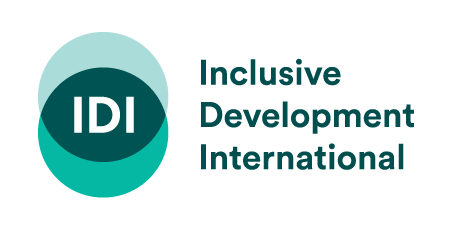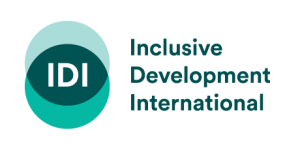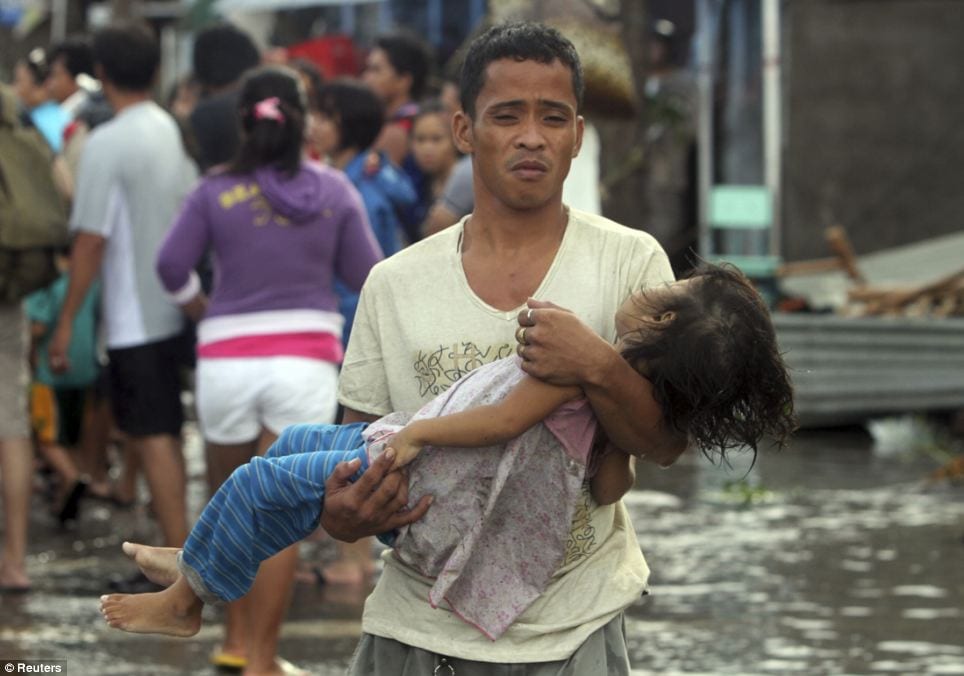(Washington, DC) – The World Bank’s action plan responding to an internal review on the bank’s resettlement practices does not address the serious failings the review found, 85 non-governmental organizations and independent experts from 37 countries said today in a letter to the World Bank president, Jim Yong Kim.
On March 4, 2015, the World Bank finally published the first and second phases of its Involuntary Resettlement Portfolio Review, completed in May 2012 and June 2014, together with the action plan. The review concluded that “sizeable gaps in information point to significant potential failures in the Bank’s system for dealing with resettlement” and that it had particularly failed the most marginalized people, including indigenous peoples and women. Kim recognized that the findings caused deep concern, and proposed an Action Plan in response.
“The World Bank’s resettlement review found serious failings,” said Jessica Evans, senior international financial institutions researcher at Human Rights Watch. “Communities forced to make way for bank-financed projects have suffered serious harm, but a plan to identify the affected people and make things right is entirely absent from the bank’s response.”
The World Bank will host its annual spring meetings in Washington, DC on April 17-19. Finance and development ministers will convene to discuss the bank’s plans to achieve its twin goals of ending extreme poverty by 2030 and boosting shared prosperity. Ministers should press Kim to consult the public and external experts on its action plan and develop a comprehensive, time-bound response to the review.
The bank withheld the first phase of the review from the public for more than two years, and the second for eight months. The delayed release was particularly problematic as it was published after the consultation period for the bank’s proposed new Environmental and Social Framework had closed. The review findings would have had a major impact on the consultations had it been released when completed, the groups said. The bank’s action plan relies primarily on the proposed new framework, which itself has many shortcomings related to the review’s findings, including weaknesses in the due diligence, monitoring and evaluation requirements on the Bank and an overall deferral of responsibility for managing resettlement to borrowers.
The review found a rapid increase over the past two decades in the number of World Bank projects that have required resettlement – from 8 percent of the portfolio in 1993 to 29 percent in 2009 and 41 percent of the new projects in the pipeline. The bank has a resettlement policy to compensate and rehabilitate the households and communities displaced by its projects. However, in most cases, the bank failed to find out what happened to people who lost their homes, land and livelihoods, let alone ensure they were left no worse off – as the bank’s own policies promise.
Previous audits of resettlement practices at the bank were able to estimate the number of people affected: 750,000 in the 1985 review, 2.5 million in the 1993 review. But the 2014 review was unable even to estimate the number because only 204 active projects out of 747 provided the information. For those 204 projects, an estimated 3 million people were affected. But there is no overall figure.
Of the minority of projects that the review found where resettlement planning had actually occurred, there was insufficient information in more than half of the cases to determine whether affected people’s livelihoods and incomes were restored to their pre-displacement levels, a central requirement of the resettlement policy. The internal review also found that in nearly half the cases studied, there was no evidence of a functioning mechanism to address the grievances of the people affected, another basic requirement of the policy.
“These audits reveal a culture of systematic disregard for World Bank policies by staff and senior management, which may well have impoverished millions of people, said David Pred, managing director of Inclusive Development International. “There must be accountability for this gross negligence.”
The bank’s action plan should, as a central feature, include a process for identifying and providing redress to the individuals and communities left worse off by World Bank projects, the groups said.
The bank should prepare a series of new grant-funded projects that provide genuine, sustainable development opportunities to the displaced households, the groups said.
“The World Bank’s twin goals cannot be achieved when its own resettlement practices are impoverishing communities,” said Kate Geary, Oxfam’s land rights policy lead. “Now that the bank has finally revealed its own assessment of its resettlement failures, it needs to do all it can to repair the damage done.”
To view the joint letter, please visit:


